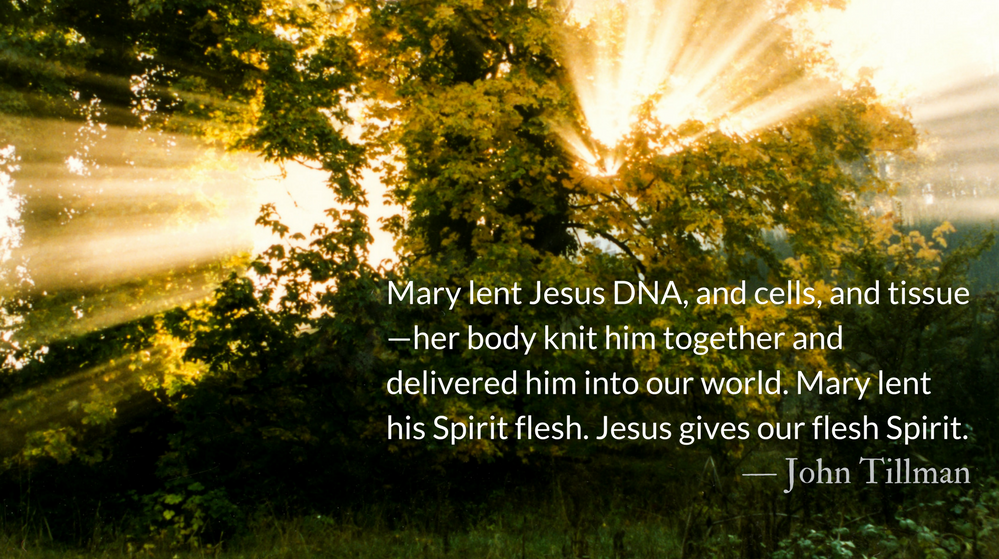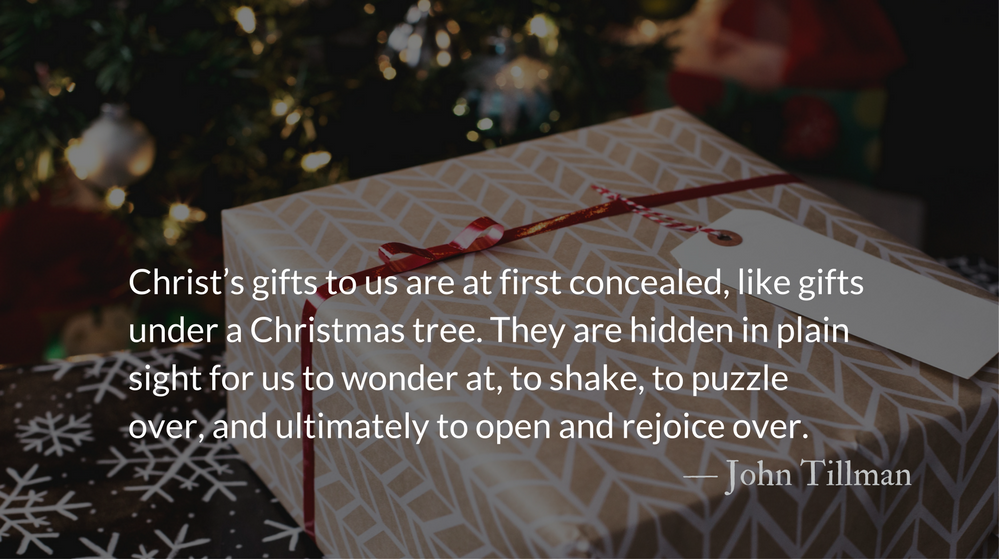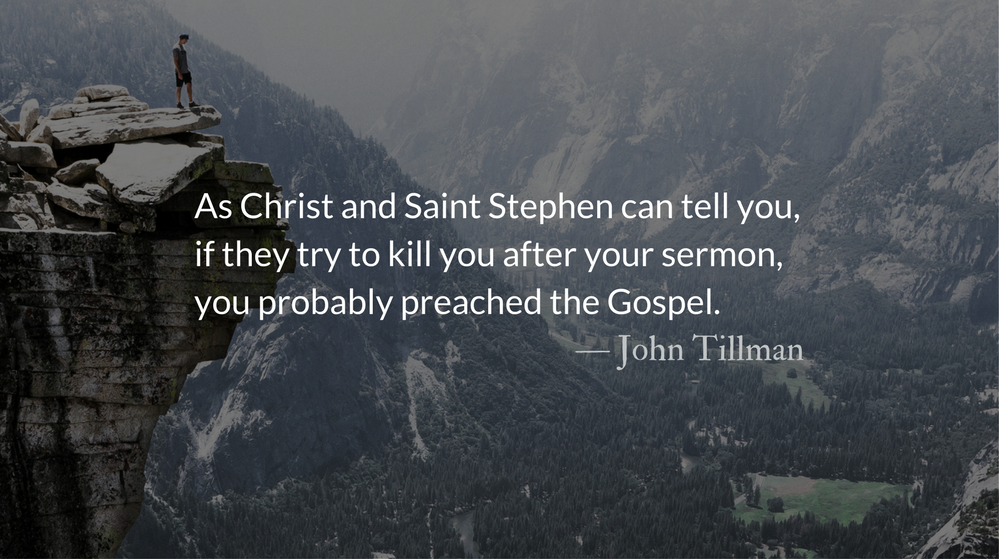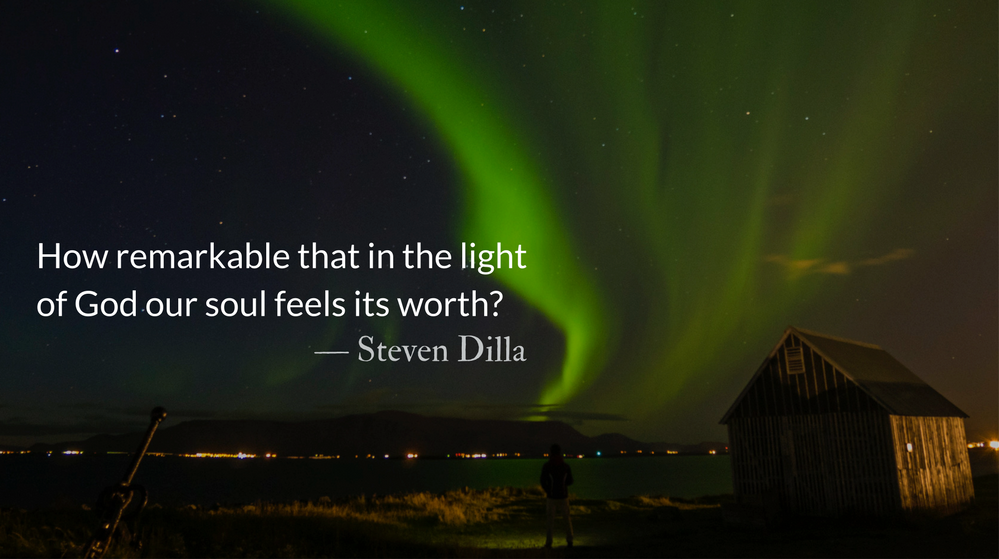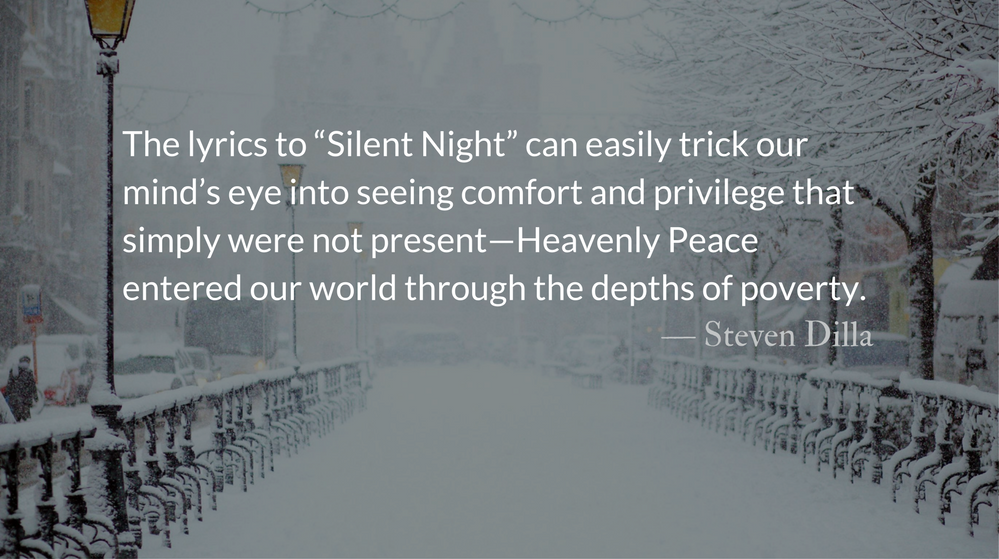Scripture: Luke 4.14
Jesus returned to Galilee in the power of the Spirit, and news about him spread through the whole countryside.
Isaiah 61.1
The Spirit of the Sovereign Lord is on me,
because the Lord has anointed me…
Reflection: The Spirit of the Lord :: Epiphany
By John Tillman
Jesus, in his Nazareth sermon, began with an affirmation that the Spirit of God was on him. This was a radical claim. The Spirit of God had been absent from Israel for generations. Their prophets fell silent and their senses dulled to God’s voice.
It is no wonder that the religious elite sank so deeply into ritual and legalism. They had no power to do anything else. It is no wonder that Nicodemus—Israel’s teacher—is so ignorant of the Spirit when he speaks to Jesus. Who could have taught him?
We are often no less ignorant than Nicodemus and no less addicted to moralism than the Pharisees, but we do so with fewer excuses.
It is difficult to overstate the importance of the Holy Spirit of God to our lives as believers. It is also difficult to understate the time most believers spend developing and refining our connection to the Spirit. Cretan philosopher Epimenides said, and Paul the Apostle agreed, “In him we live and move and have our being,” but if we are living and moving amongst the Spirit of God we seem to often be doing so with senses dulled.
Many people desire the gifts of the Spirit, without recognizing that the Spirit is the gift.
It is through the Holy Spirit that Jesus starts his earthly life in the womb of a virgin girl. It is through the Holy Spirit that he grows and learns. It is through the Holy Spirit that he resists temptation. It is through the Holy Spirit that he healed, taught, cast out demons, and raised the dead. Then he ascends to Heaven to make way for the coming of this same Spirit to his followers, saying that we will “do even greater things than these.”
The growth of Jesus in Mary’s womb symbolizes his growth and gradual manifestation in our lives. Mary lent Jesus DNA, and cells, and tissue—her body knit him together and delivered him into our world. Mary lent his Spirit flesh. Jesus gives our flesh Spirit.
The Holy Spirit, paraklētos, who made Christ’s earthly body, now makes in our individual bodies Christ’s mind and spirit. But more powerfully, we are knit together as a community, The Church. into the physical body of Christ in the world.
We, The Church, are charged as Mary was, to deliver Christ, to manifest him, to the world. The rest of Christ’s sermon at Nazareth will help us see how.
Today the church remembers with sorrow the slaughter of the male infants of Bethlehem. When the world finds it cannot kill Christ, it will often turn to the nearest available victims to dispense its aimless rage. As we manifest Christ to the world, we will find ourselves victimized in his place…”for your sake we are slaughtered…“
The Refrain
Remember, Lord, how short life is, how frail you have made all flesh. — Psalm 89:47
– From Christmastide: Prayers for Advent Through Epiphany from The Divine Hours by Phyllis Tickle.
Full prayer available online and in print.
Today’s Readings
2 Chronicles 33 (Listen – 4:01)
Revelation 19 (Listen – 3:47)

